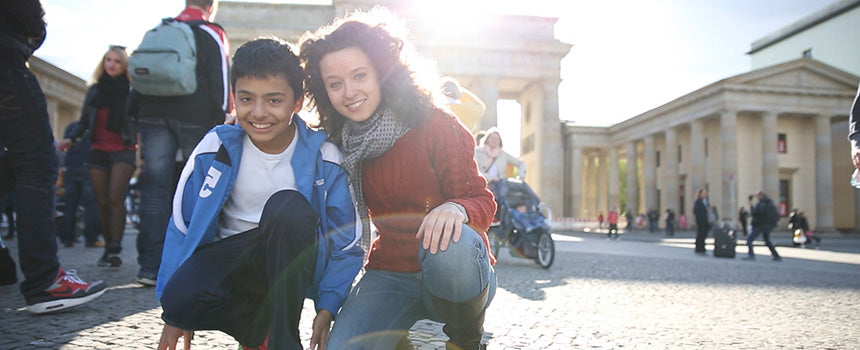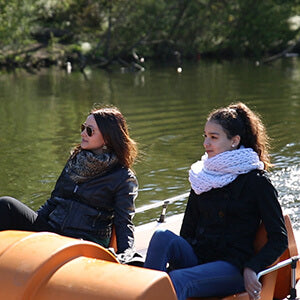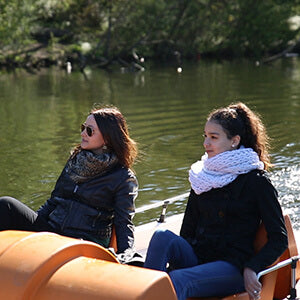Day 19
½ hour of leisure activity for a disadvantaged child in Berlin
 "No money, no honey" - social participation is not free
"No money, no honey" - social participation is not free


Enable leisure activities for tandems in Berlin

need
Activity money for the implementation of joint, meaningful, integrative and leisure-educational activities of a tandem.
activity
The tandems receive activity funding for the duration of the project (eight months), and they decide together how it will be used.
Measurable performance
Number of tandems that use the activity money for meaningful leisure activities at their weekly meetings.
Result
By getting to know and trying out new activities, children discover interests and talents, learn through play and broaden their horizons
Systemically relevant impact
Better opportunities for social participation regardless of social background, building bridges between different living environments in Berlin.
background


The good deed
AboutGermany
Berlin
Capital city
81 413 100
Population
40 952 USD
Gross domestic product
per capita per year

6
Human Development Index
(Human Development Index)



